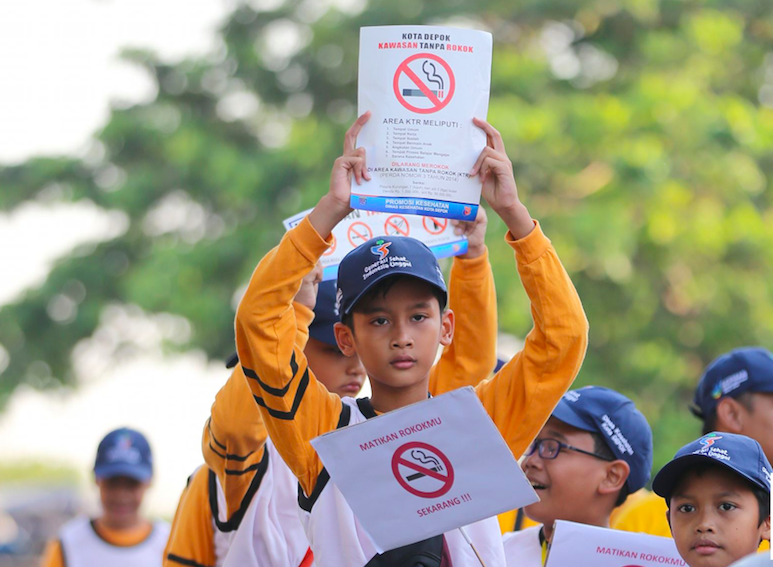
The strength of our world’s public health systems can be best measured by the well-being of those who are the least protected—whether because of systematic drivers of inequity like poverty or racism, or structural issues that create lack of access to care, or some combination of these. COVID-19 has centered these inequities as never before. Vital Strategies works in cities and countries where the need is highest, where we can make the greatest impact and where we have strong partners. We are in constant consultation with affected communities.
This began with our early work, which continues today—fighting to bring tobacco control to countries where the tobacco industry targets youth and openly influences government, and searching for a less burdensome treatment for the hundreds of thousands of people with multidrug-resistant tuberculosis, most of them in low- and middle-income countries. And a focus on the communities that are the least protected, and where the greatest harm occurs, is at the heart of our newest work: when COVID-19 began, we immediately sought large investments work in low- and middle-income countries to strengthen systems and train health care workers. We have released guidance on how to support people who use drugs during the pandemic, we are working with governments to make sure that all deaths attributable to COVID-19 are counted, and we are helping communities in the United States build contact tracing programs to help contain the virus.
At Vital Strategies, we do not turn away from complexity, from multilayered challenges. We specialize in creating solutions to problems at a national and global scale. We bring the best evidence to local partners and governments, and we constantly seek new evidence and new knowledge that will help us better serve the people in most need.
—José Luis Castro
President and CEO, Vital Strategies
What To Watch
Vital Talks: Turning the Tide on the U.S. Overdose Crisis
Expert Focus
Why Lead Poisoning Prevention Matters: Q&A with Dan Kass
Tobacco’s Goliath-Sized Threat to Public Health: Q&A with Rebecca Perl
Naloxone Trainings are Crucial to Saving Lives from Overdose: Q&A with Esther Mae Rosner
CEO Perspective
What do Health Care Workers Facing Coronavirus Lack Most? Colleagues.
Menthol Products Disproportionately Harm Black Communities
When #EveryBreath Harms: Governments Must Take Action on Air Pollution
Improving Road Safety is Protecting the Next Generation
Childhood Malnourishment: A Devastating Global Failure
Vital Stories
Reaching the Most At-Risk: Mayors Work to Address COVID-19’s Inequitable Impact
10 Campaigns Launch on World No Tobacco Day to Reach Youth and Protect Them from Tobacco Use
New Study Spotlights the Gap in Health Security: Protecting Health Care Workers
Vital Strategies Highlights How the Covid-19 Pandemic is Affecting TB Management and Research
Global Policy
No One Left Behind: Supporting Vulnerable Populations in the Covid-19 Era
Meet the 2020 Healthy Food Policy Fellows
Overdose is a Tragedy, Not a Murder
Air Pollution: A Serious Threat to Children’s Health
How Mexico Stood Up to Big Soda and What Latin America is Doing in the Fight Against Obesity
Resources
COVID-19 Harm Reduction Toolkit
Responding to COVID-10 In Africa: Using Data to Find a Balance
Addiction at Any Cost: Philip Morris International Uncovered
Pollution and Non-Communicable Disease: Time to End the Neglect